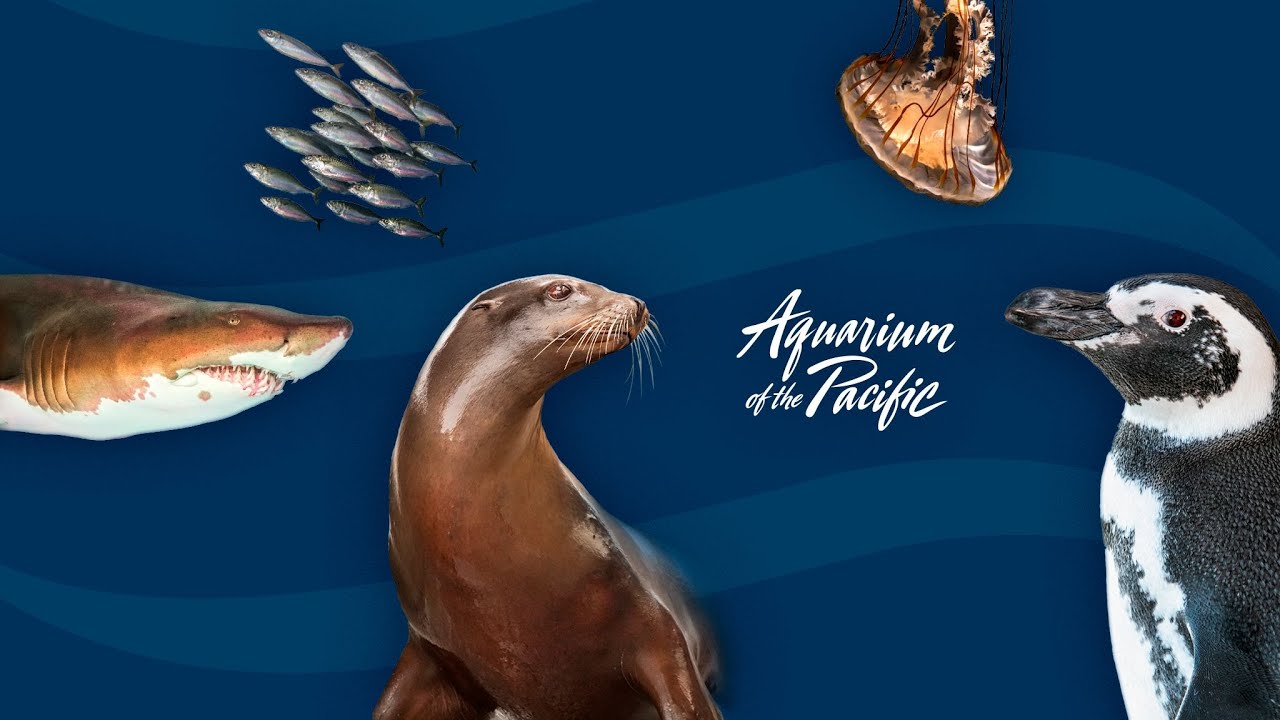- Introduction to Coral Reefs and Their Importance to Marine Ecosystems
- Biodiversity and Life Forms Found in Coral Reefs
- Threats to Coral Reefs and Conservation Efforts
- The Role of Coral Reefs in Coastal Protection and Human Societies
- Initiatives and Technologies Aiding in Coral Reef Preservation
Coral reefs are extraordinary marine ecosystems, teeming with life and serving as crucial hubs of biodiversity. Situated in warm, shallow ocean waters, these vibrant underwater structures are primarily formed by colonies of coral polyps, tiny animals related to sea anemones and jellyfish, that secrete calcium carbonate. Over thousands of years, these secretions build the intricate limestone skeletons that form the backbone of coral reefs. Despite occupying less than one percent of the ocean floor, coral reefs support about 25 percent of all marine species, illustrating their irreplaceable role in oceanic life.
The rich diversity of life found in coral reefs showcases nature’s complexity. Reefs are home to a staggering variety of fish, mollusks, crustaceans, and other organisms, each playing a specific role in their ecological community. This ecosystem is a delicate balance; the interactions between species such as the symbiotic relationship between coral polyps and zooxanthellae algae contribute to the reefs’ vibrant colors and contribute to the reef’s nutrient cycle. Zooxanthellae reside within the coral tissues and perform photosynthesis, providing energy to the coral and helping it to grow and reproduce. Coral reefs also serve as essential breeding and feeding grounds for numerous marine species, which contributes significantly to global fisheries by offering a habitat for commercially valuable fish.
Coral reefs face significant threats from both natural disturbances and human activities. Climate change poses one of the most severe challenges by increasing ocean temperatures, leading to coral bleaching events that weaken or kill the corals. The ocean absorbs excess atmospheric carbon dioxide, causing ocean acidification, which further hampers coral growth by reducing the availability of calcium carbonate necessary for coral skeleton formation. Additionally, overfishing disrupts trophic dynamics, while destructive fishing methods like blast fishing physically damage the reef structure.
Conservation efforts are vital to securing the future of coral reefs. Marine protected areas have been established to safeguard critical reef locations, minimizing human interference and allowing ecosystems to recover. Restoration techniques, such as coral gardening and the transplantation of nursery-grown corals, aim to rehabilitate degraded reefs. These initiatives work alongside sustainable tourism practices and local community engagement, which are critical components in reef conservation strategies. Researchers are also investigating climate-resistant coral species that may better endure warming oceans.
Coral reefs provide invaluable services to coastal communities. They act as natural barriers, protecting shorelines from storm surges and erosion. This role in coastal defense is especially significant in reducing the impacts of extreme weather events exacerbated by climate change. Reefs also contribute economically through tourism and fisheries, serving as a vital source of income and food for millions of people globally. Cultural and spiritual values associated with coral reefs further underscore their importance to human societies.
Recent advancements in technology support coral reef preservation. Remote sensing technologies and satellite imagery offer new ways to monitor reef health over large areas, helping detect changes and threats more rapidly than traditional survey methods. Innovative breeding programs and genetic studies seek to develop more resilient coral strains, enhancing reefs’ ability to withstand environmental changes. Collaborations between governments, NGOs, and the scientific community are fostering new approaches to protect these critical ecosystems.
Understanding the intricacies of coral reefs and the ecosystem services they provide underscores the need for comprehensive conservation efforts. These unique marine habitats are vital not only for the immense biodiversity they support but also for their crucial role in human well-being. Their protection requires coordinated global actions, increased public awareness, and sustainable management practices. By valuing and protecting coral reefs, we can help preserve the ocean’s health for generations to come.
*****
Source Description
Coral Reefs are amazing underwater cities packed with an incredible array of animals. Join us to explore this unique habitat and why protecting coral reefs is so important.


